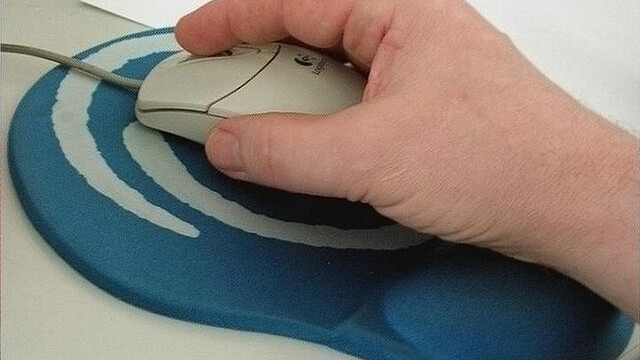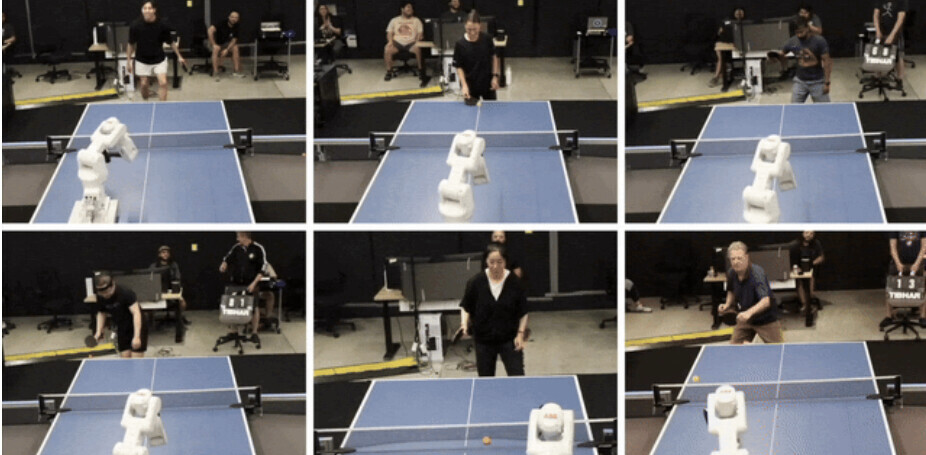
We’re a Googling nation and along with getting our wonderful search results, we’re shown a bunch of context-relevant ads. It’s how Google makes its money and it’s not going to change anytime soon.
In a post entitled “Making our ads better for everyone“, Google discusses the process that advertisers must go through to make sure that the ads displayed on the search engine results and other Google properties are legit and not spammy or harmful.
The company says that all ads go through a diligent technological review as well as a manual one to remove ads that have malware and spam-like functionality. In fact, Google says that it has pumped “millions of dollars” into making this system the best-of-class.
Here are some improvements that Google has made to its ad system recently:
– Improved “query watch” for counterfeit ads: While anyone can report counterfeit ads, we’ve widened our proactive monitoring of sensitive keywords and queries related to counterfeit goods which allows us to catch more counterfeit ads before they ever appear on Google
– New “risk model” to detect violations: Our computer scanning depends on detailed risk models to determine whether a particular ad may violate our policies, and we recently upgraded our engineering system with a new “risk model” that is even more precise in detecting advertisers who violate our policies
– Faster manual review process: Some ads need to be reviewed manually. To increase our response time in preventing ads from policy-violating advertisers, we sped up our internal processes and systems for manual reviews, enabling our specialists to be more precise and fast
– Twenty-four hour response time: We aim to respond within 24 hours upon receiving a reliable complaint about an ad to ensure that we’re reviewing ads in a timely fashion
The fact that Google says its safe to click on ads should be taken with a grain of salt. Of course it wants to make sure they’re safe and that you’re not worried, the company makes money every single time you click on one.
Google also says that “bad ads” on its system had declined over 50% in 2011 from 2010, disabling over 130 million nasties. The company also shared the handy video below to explain its ad system to consumers and why it’s OK to click away:
Get the TNW newsletter
Get the most important tech news in your inbox each week.




